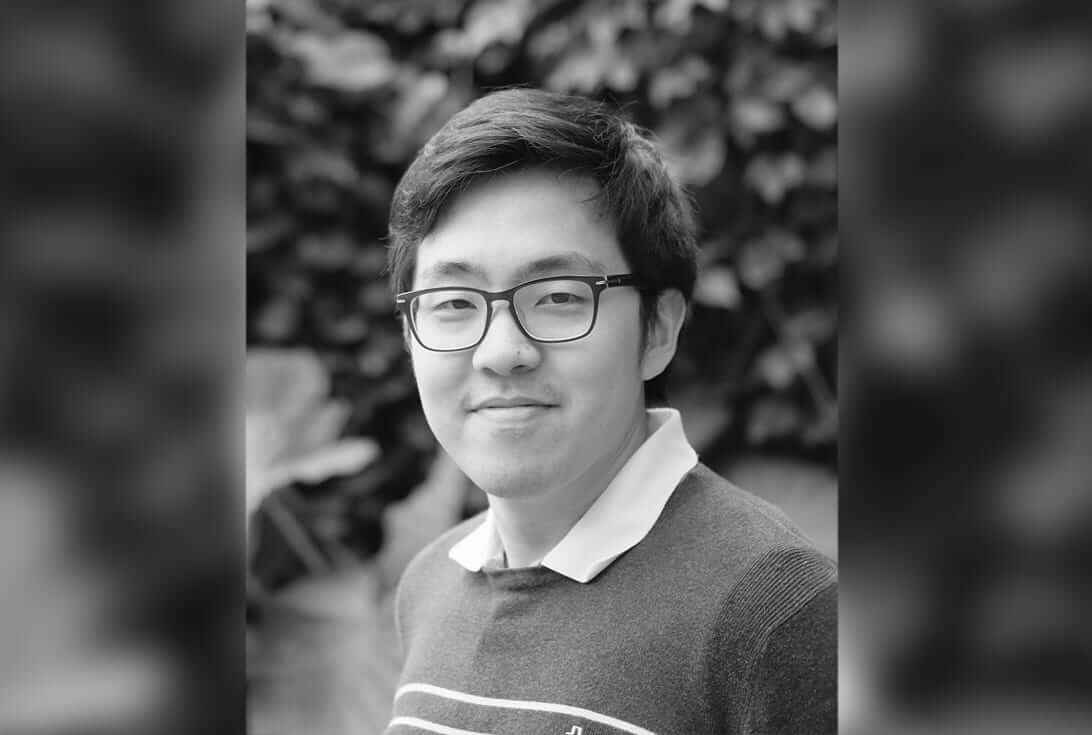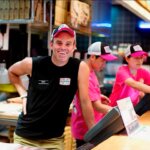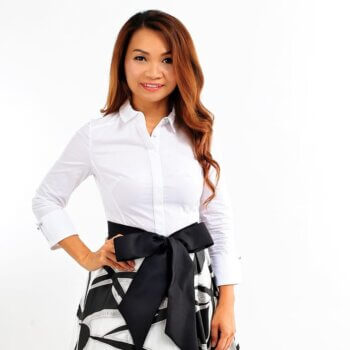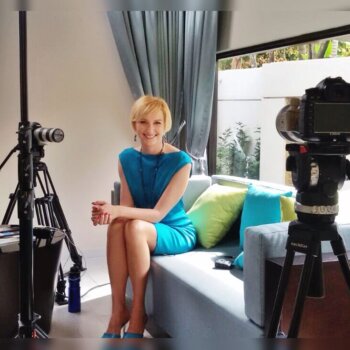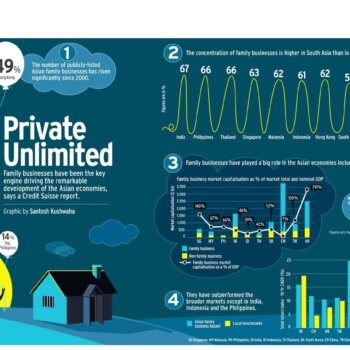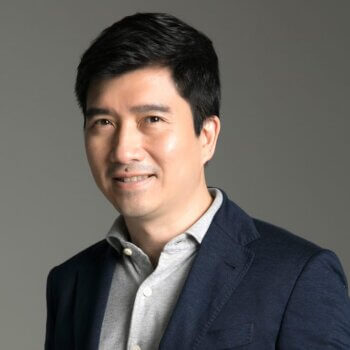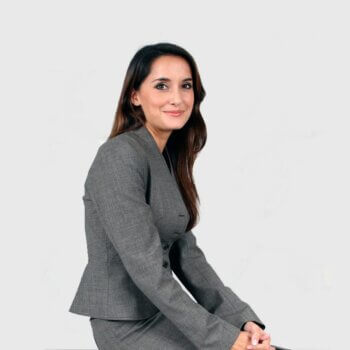Sang Yeon Hwang’s preventative health breakthrough, Heartisans, hopes to predict the onset of sudden cardiac arrest.
What’s your story?
We started Heartisans with the common goal of working on an idea or product that had the potential to add objective value to people. We met through a mutual friend in early 2014 and realised although we came from different backgrounds we had a lot of common interests and goals including the fact that both our families had a history of cardiovascular disease. We started brainstorming a wearable health monitoring system. It was in line with the macro level trends of most developed countries including aging population, rising healthcare costs and that cardiovascular disease is the leading cause of death worldwide.
We are currently planning to commercialise our blood pressure monitoring wearable in early 2017. It is a smartwatch that accurately measures blood pressure, a critical vital sign missing from wearables today. Our goal with this first product is to enable individuals with hypertension (high blood pressure) to have the unprecedented ability to measure and track their blood pressure anywhere, anytime.
We are also in clinical validation of our machine learning algorithm in a local hospital. The aim for this is to predict the onset of a medical emergency known as a sudden cardiac arrest up to 10 minutes in advance. As survival rate drops around 7-10% per minute without treatment and the fact that survival rates drop to 0% at 13 minutes, we want to provide an advanced warning and locate the closest AED machine to the individual’s physical location, to potentially save lives.
What excites you most about your industry?
Preventive healthcare is what definitely excites me. With the tremendous amount of new sensors capable of providing real time vital signs data and as these sensors get more sophisticated, it will really change the way we monitor our health. Enabling new research based on the combination of these sensors and disease prevention is one of our goals and we have already started this. There are a number of researchers using our wearable for this, one example is a PhD researcher from the Chinese University of HK who using it to study the effects of yoga intervention on Parkinson’s disease patients.
What’s your connection to Asia?
I am originally from Korea but moved to Hong Kong with my parents in 1992 before the handover. I have lived in Hong Kong since then (though I completed my higher education in the United Kingdom). It would have been crazy as my parents had a choice of moving to Tijuana, Dublin or Hong Kong. I am glad they chose Hong Kong!

Favourite city in Asia for business and why?
It’s got to be Hong Kong. What I love about Hong Kong is that setting up a business is extremely easy and straightforward. Moreover, it is an international city where expats can settle down very quickly which makes hiring foreign talent possible. For Heartisans, being within an hour to the manufacturing hub of the world, Shenzhen, also helps.
What’s the best piece of advice you ever received?
A fellow entrepreneur and a good friend of mine shared a quote with me that really stuck, “fear, uncertainty and discomfort are your compasses toward growth.” It has really helped me understand that all the ups and downs are just part of the process to get to where I need to go.
Who inspires you?
Elon Musk. I can’t think of any other entrepreneur that starts an idea or business with the main focus being the value it will create for all humanity. I think he just gets it.
What have you just learnt recently that blew you away?
There is a great talk from Simon Sinek on, “Start with why” and it explains how, experimentation during uncertainty is crucial for some start ups.
If you had your time again, what would you do differently?
I would have definitely started my entrepreneurial journey earlier. One of the most important things I have learned is to focus on being emotionally intelligent and ensuring that our team has all the tools they need to succeed.
How do you unwind?
Snooker, gym, read, TED talks and of course travel.
Favourite Asian destination for relaxation? Why?
I don’t really have a favorite Asian destination, because I live in one of the most fast paced cities in the world, Hong Kong. I prefer places that are nice and quiet where I can appreciate nature. If I have to give an example then it’s got to be Palawan. I haven’t been to the Maldives yet!
Everyone in business should read this book:
I would probably recommend a book that is not business related.
“Sapiens, a brief history of humankind” by Yuval Noah Hariri
Shameless plug for your business:
It all starts with our Heartisans.
Heart – The heart is the inner core and most central part of anything and everybody
Artisan – Specialist in a craft
Join our growing team if you want to help fight cardiovascular disease, the number one killer in the world.
How can people connect with you?
Linkedin, Facebook or email – drop me a line at [email protected]
Twitter handle?
www.twitter.com/heartisanstech
www.facebook.com/heartisanstech
www.heartisans.com
—
This interview was part of the Callum Connect’s column found on The Asian Entrepreneur:

Take the ‘Key Person of Influence’ scorecard <http://www.keypersonofinfluence.com/scorecard/>
Connect with Callum here:
twitter.com/laingcallum
linkedin.com/in/callumlaing
Get his free ‘Asia Snapshot’ report from www.callumlaing.com
